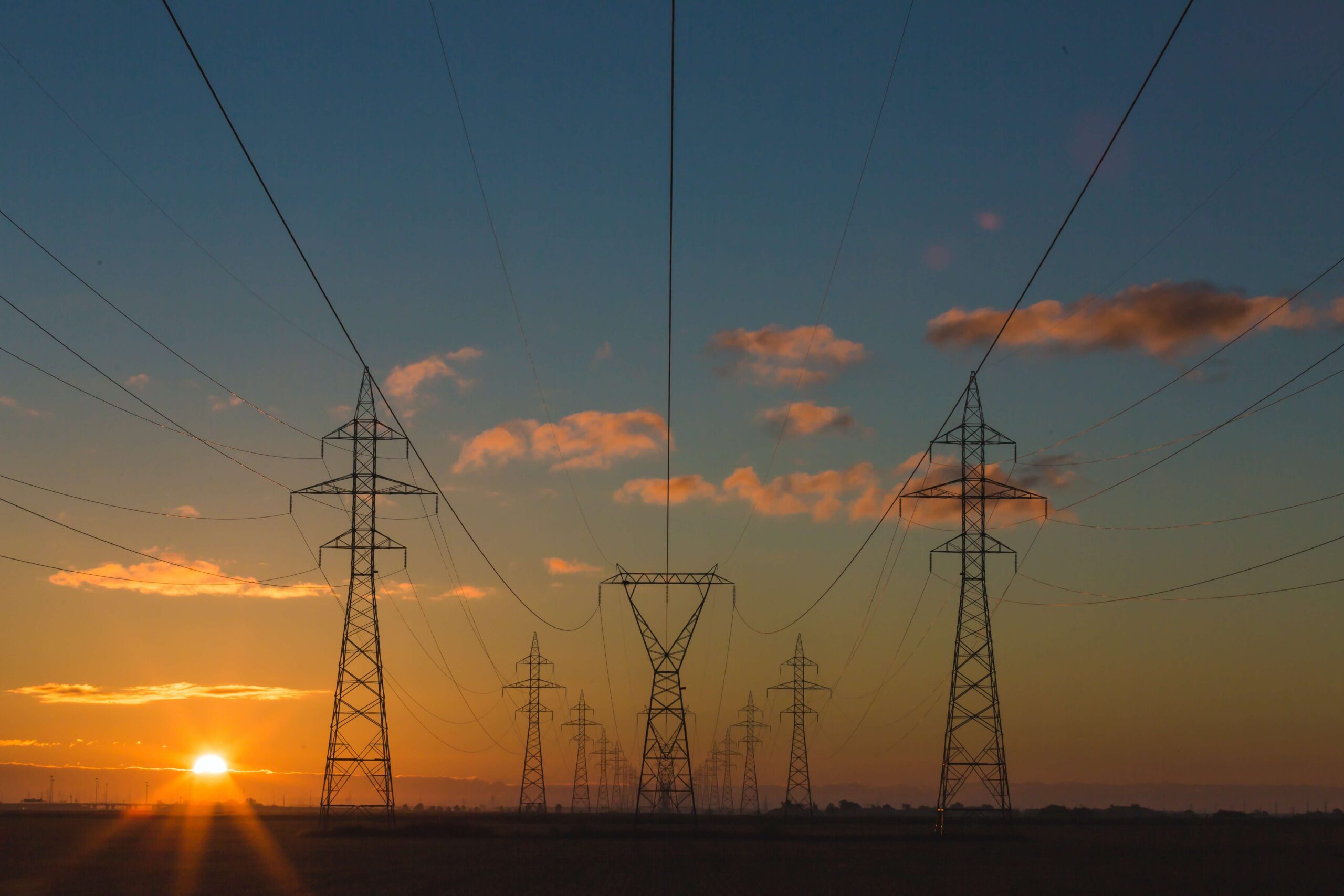Unravelling the Energy Price Rollercoaster: Navigating Trends, Predictions, and Winter Challenges Leave a comment
Judy Nnaedozie
In recent discussions surrounding the UK’s economic landscape, the spotlight has been on the ever-fluctuating energy prices and their impact on household bills. As the government grapples with economic strategies and pledges, it’s essential to break down the complexities of energy pricing, its consequences for the average citizen and the efforts made by organisations like NEF to address the challenges.
Sunak’s Economic Endeavour: A Return to Pre-Crisis Energy Bills?
Rishi Sunak’s promise to restore energy bills to pre-crisis levels raises eyebrows, acknowledging the inherent limitations the UK government faces. The uncontrollable variable here is international energy prices, a major determinant of household energy costs. While Sunak and Chancellor Jeremy Hunt commend themselves on achieving a 50% reduction in inflation, but the major contribution to this achievement comes from the increased interest rates overseen by the Bank of England and the simultaneous decline in energy prices.
Sunak predicted how the economy would be in 2023, and he got it right. But it’s important to distinguish between just seeing what might happen and making it happen. The government made smart fiscal decisions which played a role in supporting the fight against inflation. However, given the state of public finances, choices were limited.
A Glimpse of Positivity: A Downturn in Energy Prices, but for How Long?
A year ago, Ofgem announced a staggering price cap of £4,279 which was way more than the £1,138 people were paying in February 2021 during the pandemic. Thankfully, the actual amount people had to pay was protected by the government, not letting it go over £2,500. But even with the price cap, it showed how much businesses had to pay for energy, and that affected how much everything else cost. Now, the cap is set at £1,834, which is much better and has helped bring down the inflation numbers, showing the changes in prices from one year to the next.
Cornwall Insight’s predictions, adjusted sharply from September, highlight the rapid and unpredictable nature of energy prices. Global events, such as the Israel-Hamas war, damaged gas production facilities, impacting LNG output, and various disputes affecting Australian LNG exports, showcase the delicate balance in the global energy market.
Winter Preparations: Anticipating Bill Escalations
Looking ahead, millions of families face the grim reality of rising energy bills from January. Ofgem’s announcement of an increase in the energy price cap to 29p per unit of electricity and 7p per unit of gas means the typical household’s bill will rise from £1,834 to £1,931. Despite a forecasted dip to £1,853 in April, a return to today’s levels isn’t expected until July next year.
Dr. Craig Lowrey, Principal Consultant at Cornwall Insight, emphasises that an inherently unstable wholesale energy market, coupled with the UK’s dependence on energy imports, renders an inevitable increase in energy bills. Consequently, households are confronted with yet another winter where bills are several hundred pounds higher than pre-pandemic levels, exacerbated by a scarcity of affordable fixed-rate deals.
Standing Charges: Another Thing to Watch Out For
Cornwall Insight’s estimate that the standing charge could contribute to an average of £1,931 for the typical household in the first quarter of next year adds to the challenges.
As the energy regulator, Ofgem, opens a review of standing charges, the spotlight on this complex issue intensifies. The rising charges, coupled with wider cost-of-living pressures, particularly impact low-income households, prompting a revaluation of the existing system.
In conclusion, the narrative of energy prices in the UK is intricate, with highs and lows influenced by global events and market dynamics. At NEF, we are dedicated to reducing fuel poverty, cutting carbon emissions, and creating healthier communities, play a vital role in navigating these challenges. As households brace for a tough winter, sustainable solutions and community integration become imperative in building resilience against the uncertainties of the energy price rollercoaster.
If you find yourself struggling during these times, remember that support is available amidst the price rollercoaster. Reach out to Better Housing, Better Health as we are here to assist and provide guidance. Your well-being is our priority.
